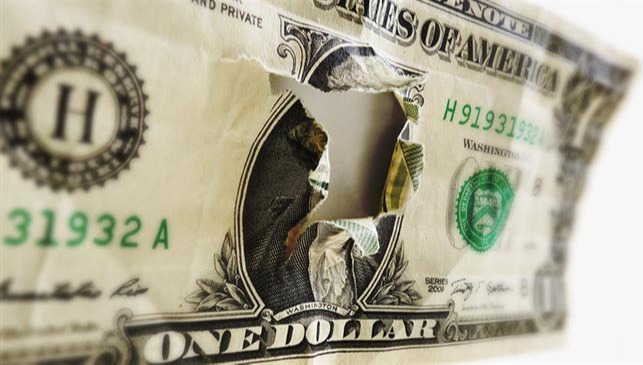
Chinese and Russian currencies servicing 25% of bilateral trade
Moscow, January 6 (RHC)-- A new report shows that China and Russia have raised the share of national currencies in bilateral trade settlements to nearly a quarter. The state-run RT news channel of Russia said in a report that bilateral trade between Russia and China in their respective currencies of ruble and yuan had exponentially increased as the two countries seek to remove unnecessary barriers from their fast-growing economic cooperation.
The report cited Russian Ambassador to China Andrey Denisov as saying that national currencies of China and Russia had been responsible for only two percent of trade payment settlements some seven years ago. Denisov said, however, that the share had increased to cover around a quarter of all trade settlements in the first nine months of 2020.
China and Russia plan to reach a target of $200 billion worth of bilateral trade by 2024. The two countries signed an agreement in 2019 to use national currencies to settle payments, a move which was meant to neutralize U.S. attempts to pressure the two countries both economically and politically.
Russia has been targeted by rounds of American sanctions since 2015 when a political crisis in neighboring Ukraine led to increasing use of the dollar system by Washington to target Russian government officials and entities.
China has had its own trade problems with the US as the two countries have been involved in a war of tariffs since incumbent U.S. President Donald Trump took office in 2017.
Denisov said that Russia and China’s efforts for de-dollarization of trade had inspired many other countries around the world to reduce the share of the greenback in their financial transactions with trade partners. "China and Russia are not unique in this respect, a wide range of nations have to break up with the US dollar, as it is not just a financial tool, but levers of influence,” Denisov said.

